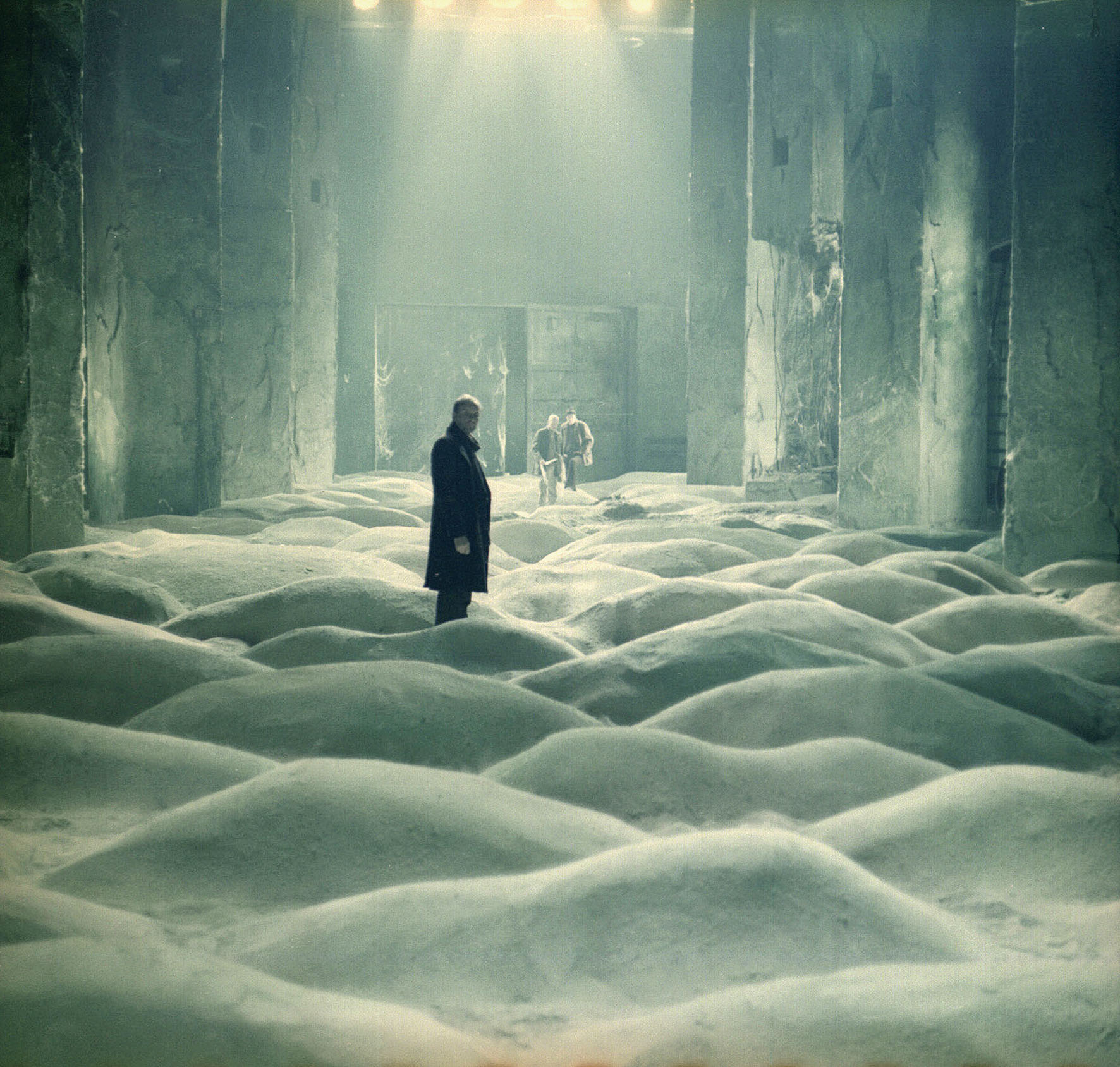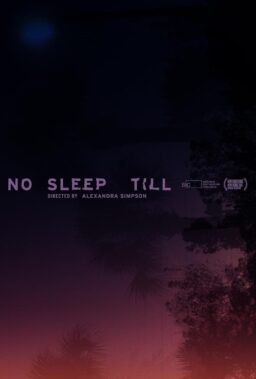One feature of the Venice Film Festival that I particularly love is its Venice Classics program, which shows pictures that premiered at the festival along with many rediscoveries that did not, in versions that have been restored by institutions and corporations the world over. This year the festival showed 21 films, and I caught five of them.
The first was Robert Bresson’s final film, 1983’s brutal “L’Argent,” a Tolstoy-adapted, arguably hopeless parable about how money and the pursuit of it makes liars of us all—and how it makes killers out of the ones it doesn’t make liars out of. The logic of this may seem dubious on paper (or a computer screen), but Bresson’s completely fat-free film works like a merciless mathematical proof. The seeming simplicity of the movie’s structure only barely veils its complexity. This restoration courtesy of M2K is notable for its solidity. We can complain about how digital isn’t film until the cows come home, and there’s a part of me that suspects that Bresson (and another late filmmaker whose work was thusly restored here) would have a kind of horror about digital. That said, the experience of “L’Argent” gains somewhat because of the consistency of the digital image. No dirt on the image, no crackling; no shift in the hues after a reel change because one bulb may be stronger or weaker than another. Every frame is given an approximation of the value of the original, and I can’t imagine a filmmaker who would not welcome that kind of stability.
Next came a really surprising and delightful rediscovery: John Ford’s 1931 “The Brat,” restored by the Museum of Modern Art and ushered to the fest by my old friend and valued colleague Dave Kehr, now a MoMA curator. Little over an hour long, adapted from what Ford biographer Tag Gallagher called “a trivial Maud Fulton drawing room comedy of manners” and termed by Ford himself “one of those damn things they [the studio heads] handed you,” the movie nevertheless crackles with comic energy and shows real visual inventiveness of the sort that film history says was largely absent from early talkies. It also, believe it or not, presages the ending of “Stagecoach.” This film is certain to hit New York (note the restoration’s provenance, duh) and I hope to explore it more then.
A restoration of Andrei Tarkovsky’s 1979 film “Stalker” straight from Mosfilm itself showed right after the Ford—a strange double feature. The various home video versions of this amazing 1979 picture have been all over the place (the word on a new UK Blu-ray of the movie has been very bad) so I had high if guarded hopes for this. Good news: for one thing, the soundtrack has been put back into mono, as Tarkovsky originally mixed it. And the visuals had the same solidity I talked about relative to “L’Argent.” I found the beautiful, demanding film just as moving, or maybe a little more moving, as I ever have. The last time I saw it was about four years ago at an event commemorating the publication of Geoff Dyer’s valuable book on the film, Zona, at which Dyer and a panel showed a half hour of the film (from the less than great, Surround-Sound remixed Ruscico disc, I believe) and then paused to discuss it. A fascinating afternoon but hardly an optimal experience of the picture. This time around, it was such a revelations of art at its highest aspirations (and accomplishment!) that I felt I could skip going into Venice to see the Tintorettos at the Scuola Grande di San Rocco this time around. (I ended up not skipping them, because it’s just something you need to see every time. But you get the idea.)
Nicolas Winding Refn is doing cinema a great service by presenting a restored version of George A. Romero’s 1978 “Dawn of the Dead,” in its so-called “European Cut” (titled “Zombi”) supervised by Dario Argento, a co-producer of the classic horror picture. Which still holds up. It’s kind of funny the way consumerist society has come full circle. As the lead characters are helicoptering above a parking lot, when they see what it’s for, one of them says, “What the hell? This is one of those shopping centers … a big indoor mall.” Such things, now dying out, were relative novelties as the film was made. And this mall serves as a new paradise for four non-zombies. But vanity, arrogance and eventually a pack of resentful bikers spoil the oasis, and plenty of gore and shambling follow. I loved every minute of it, and I don’t care that the zombie makeup looks cheesy in the restoration—it looked cheesy in the first theatrical version. Those butcher-shop buckets of offal they use for the zombie feeding scenes look authentic enough.
Finally, Woody Allen’s “Manhattan,” another American late ‘70s classic. This restoration of the widescreen black-and-white picture (one of the few of Allen’s, I was reminded, that does not open with his standard white-on-black credits) was done by Grover Crisp, who’s been a restoration and preservation wizard at Sony for as long as I can remember. I’ve spoken and e-mailed with Grover throughout my career, and we only met in person today, at this screening. Before which he told the audience that the picture was restored using the original camera negative, scanned at 4K, and that Allen was intimately involved with the process (Willis, sadly, died in 2014), providing his personal reference print and advising on matters of contrast and density comparisons. The result looks spectacular. And the film itself, which I had prepared myself to look at with a gimlet and/or jaundiced eye (I didn’t much like its situational sexual ethics when I saw the movie for the first time, as a pup of 19), worked on me like I had not expected at all. It’s a really well-constructed film, and the final lines, delivered beautifully by Mariel Hemingway (she and Diane Keaton are the movie’s strongest performers), actually choked me up.
And this is my final dispatch from Venice for 2016, which has been like a dream. To the festival I can only offer my thanks and the words to an old R&B song: whenever you call me, I’ll be there.
To read the rest of Glenn Kenny’s coverage from the 2016 Venice Film Festival, click here.












